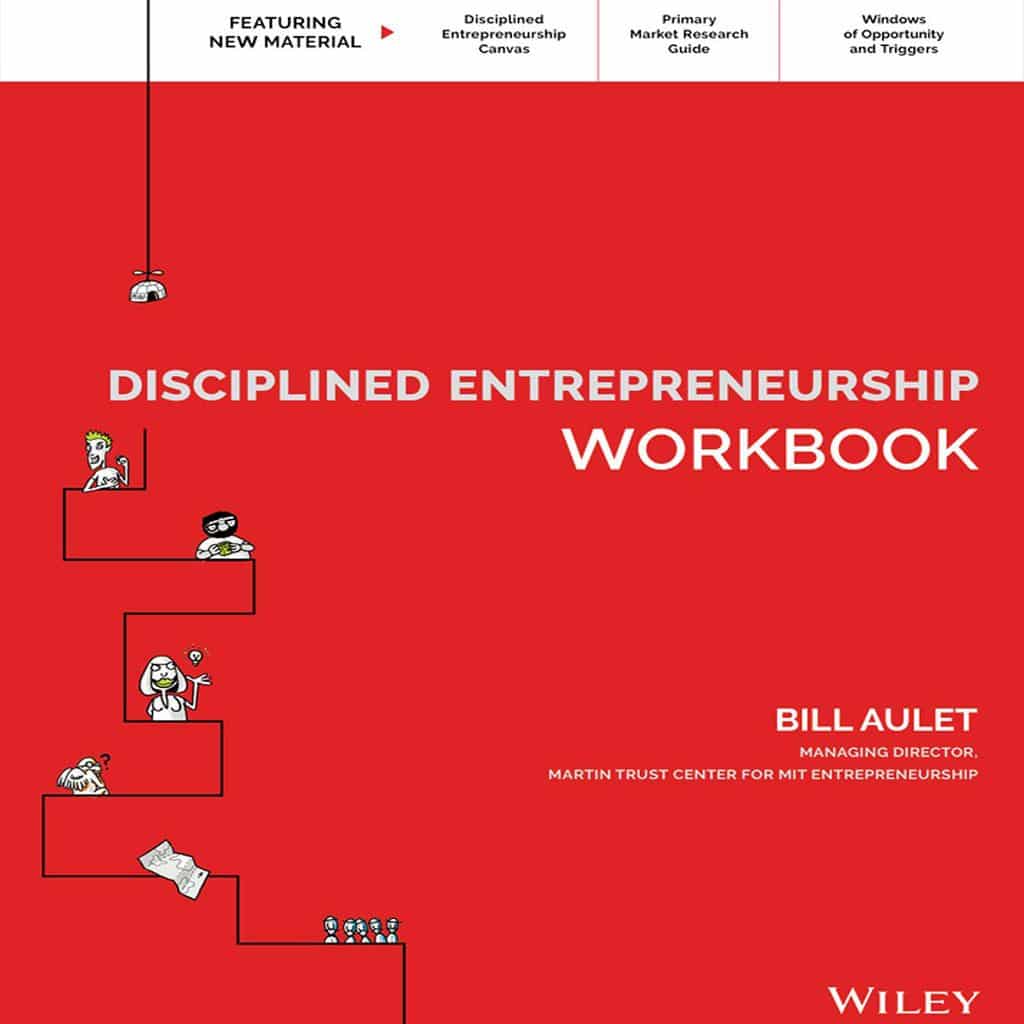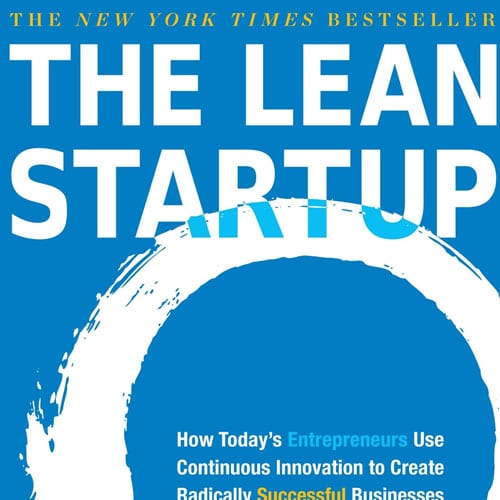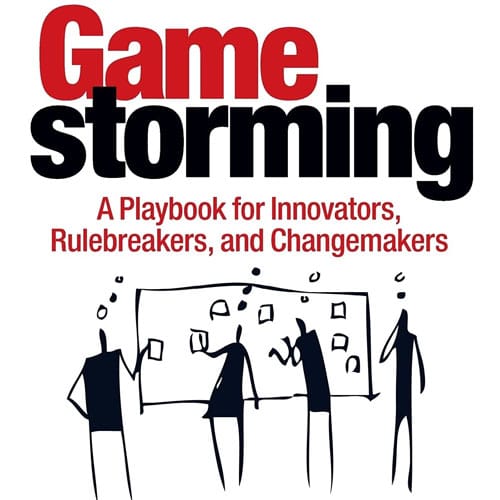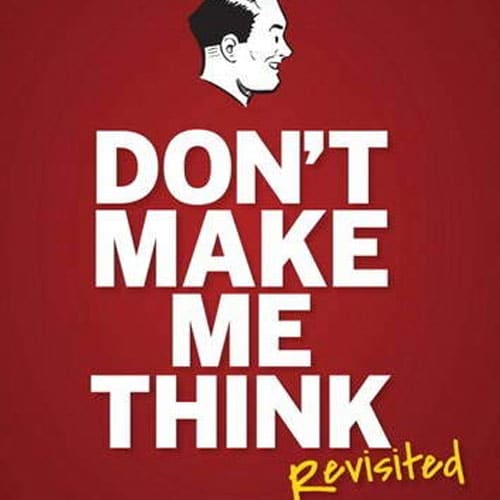Design your Product
“Build-Measure-Learn feedback loop is at the core of the Lean Startup model.” - Eric Ries, The Lean Startup
Let’s identify your key startup assumptions and test them to reduce your risk and that of potential investors. 🔑
Next, let's then define the product features for your Minimum Viable Business Product (MVBP) and rapidly iterate based on feedback from your customers. 🔄
Test your key startup assumptions
Before running an experiment, it's key to answer the following questions:
- Who is your target market?
- What is the service or feature you're testing?
- How do you measure it?
Consider using a landing page to validate your value proposition before developing a product. Buffer had tremendous success with their landing page test before launching their product.
Check out our highlights of 'Testing your hypothesis' by Dan Thiffault, Head of Product and Engineering at Tern.
Dan Thiffault, Head of Product and Engineering at Tern, discusses the components of a good hypothesis test.
Dan Thiffault discusses how Dropbox and Zappos validated their solutions before building a product. Dropbox created a 3-minute video showing how their product works and shared it with 10,000 customers who had initially signed up on their landing page. Zappos took pictures of shoes at retailers and shared it on their website to validate their business model.
Dan Thiffault discusses Groupon’s concierge MVP (minimum viable product). Groupon used a website form to get interest from users for events and when they had enough interest for a particular event, they would manually email a groupon to everyone.
Dan Thiffault discusses when you should run tests to validate your startup idea. Dan suggests using these testing strategies from the time you select your target market to developing an MVP to even after you’re running a successful business to keep learning from your customer.
Dan Thiffault discusses how Buffer used landing pages to validate their value proposition before developing a product. The idea behind Buffer was to create a way to queue up tweets without scheduling each tweet individually.
Dan Thiffault discusses Wolfgang von Kempelen’s chess concierge MVP (minimum viable product) in 1770. Dan suggests using a concierge MVP prior to investing significant time and resources in solving a complex problem.
Dan Thiffault discusses how Tripadvisor applied 404 tests to decide which product feature to build next. 404 is the code you get back from the web-browser when you click on a link to a page that doesn’t exist. Tripadvisor had feature options as links on their webpage before actually building the most popular features.
Dan Thiffault suggests using surveys before using landing page tests to learn more about your target market and validate your hypothesis.
Develop your Minimum Viable Business Product (MVBP)
The 3 conditions of a minimum viable business product are that the customer...
- gets value form the product
- pays for the product
- starts a feedback loop to help you iterate on the product
Consider using a landing page to validate your value proposition before developing a product. Buffer had tremendous success with their landing page test before launching their product.
Check out our highlights on 'Product Design Life-Cycle' by Adoniram Sides, Senior Product Manager at Upserve.
Adoniram Sides, Senior Product Manager at Upserve, discusses the product design life-cycle using IDEO and Lean Startup philosophies. Adoniram summarizes the stages of a product design life-cycle as follows:
• Develop a ‘How might we? (HMW)’
• Make observations centered around work-arounds or adaptations
• Draw actionable insights starting with ‘Some people might’
• Design and test a solution
• Iterate
Adoniram Sides, Senior Product Manager at Upserve, recommends the following resources to learn about product design:
• Gamestorming – A book to help you learn about all aspects of the product design life-cycle. • Don’t make me think – Critical usability book on making things very low friction.
• https://www.producthunt.com/ – A curation of the best new products.

-1.jpg)



